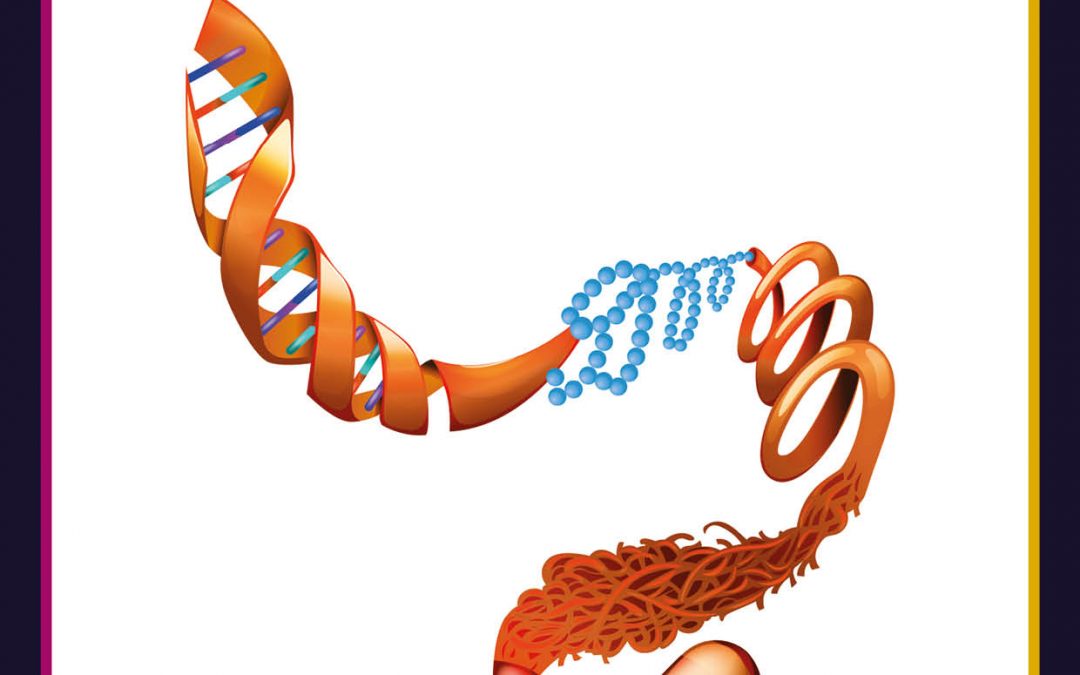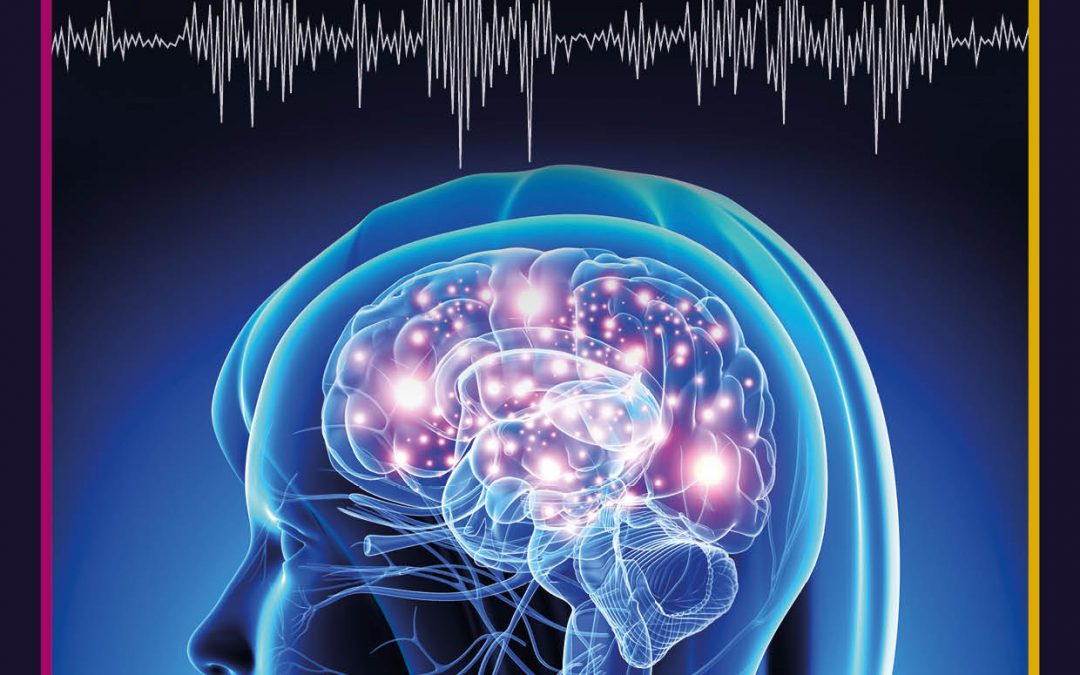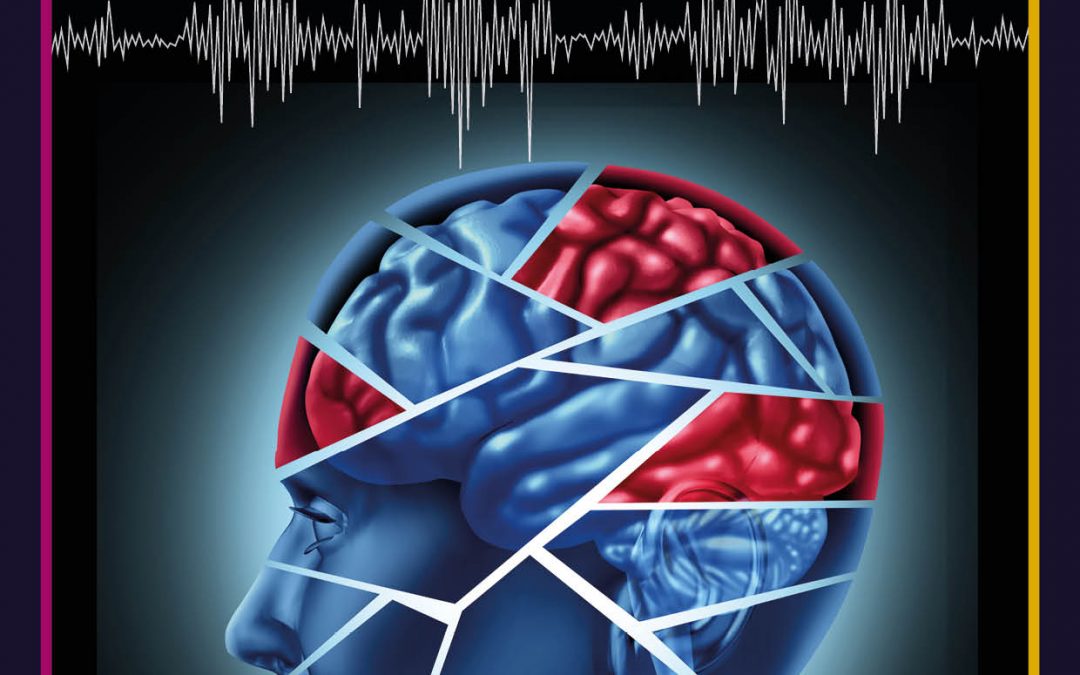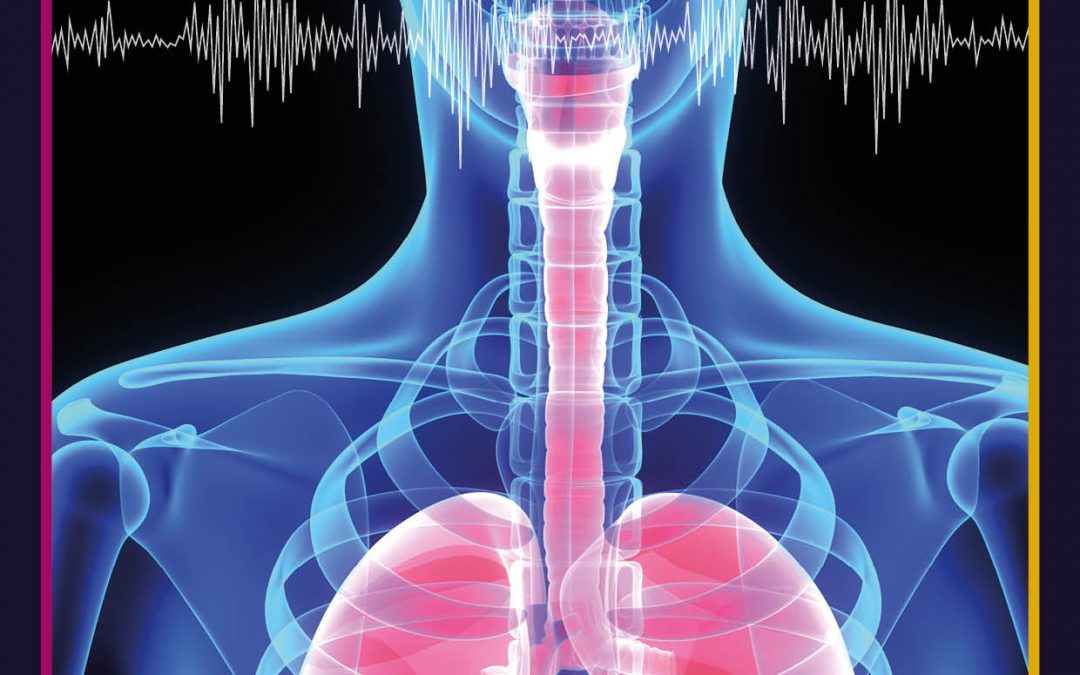
by admin | Nov 22, 2021 | biology, health and medicine, social and behavioural sciences
Neurodevelopmental Disorders Arising From Histone Methylation Malfunctions – Dr Shigeki Iwase, University Of Michigan SciPod · Neurodevelopmental Disorders Arising From Histone Methylation Malfunctions – Dr Shigeki Iwase Original Article Reference This...

by admin | Nov 22, 2021 | biology, health and medicine, social and behavioural sciences
Mapping Brain Networks To Understand Epilepsy – Dr Victoria Morgan, Vanderbilt University Medical Center SciPod · Mapping Brain Networks To Understand Epilepsy – Dr Victoria Morgan Original Article Reference This SciPod is a summary of the...

by admin | Nov 22, 2021 | biology, health and medicine, social and behavioural sciences
Improving Patient Outcomes In Traumatic Brain Injury – Dr Jack Jallo, Thomas Jefferson University SciPod · Improving Patient Outcomes In Traumatic Brain Injury – Dr Jack Jallo, Thomas Jefferson University Original Article Reference This SciPod is a summary...

by admin | Nov 11, 2021 | health and medicine
The Frequency and Impact of Chlamydia Pneumoniae Infection in Chronic Asthma Patients – Dr David L. Hahn SciPod · The Frequency and Impact of Chlamydia Pneumoniae Infection in Chronic Asthma Patients Original Article Reference This SciPod is a summary of the...

by admin | Nov 11, 2021 | earth and environment, health and medicine, trending
Exposure to Commonly Used Pesticides May Harm Health – Professor Kathleen Susman SciPod · Exposure to Commonly Used Pesticides May Harm Health – Professor Kathleen Susman Original Article Reference This SciPod is a summary of the paper:...

by admin | Nov 3, 2021 | health and medicine, social and behavioural sciences
Hookah Smoking Understanding User Perceptions And Health Risks -Professor Mary Rezk – Hanna, University Of California SciPod · Hookah Smoking Understanding User Perceptions And Health Risks Original Article Reference This SciPod is a summary of the...







